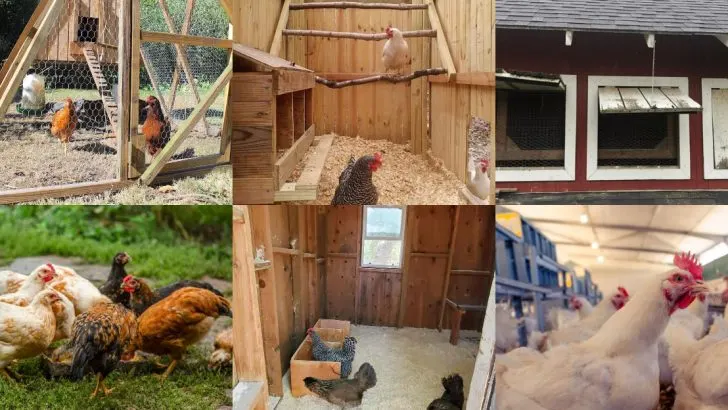Chickens are not just fluffy egg machines—they’re tiny dinosaurs with opinions. And they will expose your every mistake. Think you can skip predator-proofing just this once? Think again. Bought the cutest coop on Instagram? Your birds may hate it. Trusting a chicken meme for feeding advice? Prepare for chaos. Raising chickens sounds simple—until you’re ankle-deep in drama, pecking order battles, and mysterious egg strikes. The truth? Most first-timers walk in starry-eyed and leave with feathers in their hair and questions in their soul. But it doesn’t have to be that way. Learn from the missteps of those who came before you. Here are 18 classic chicken-keeping blunders—and how to dodge them like a pro.
Ignoring Predators
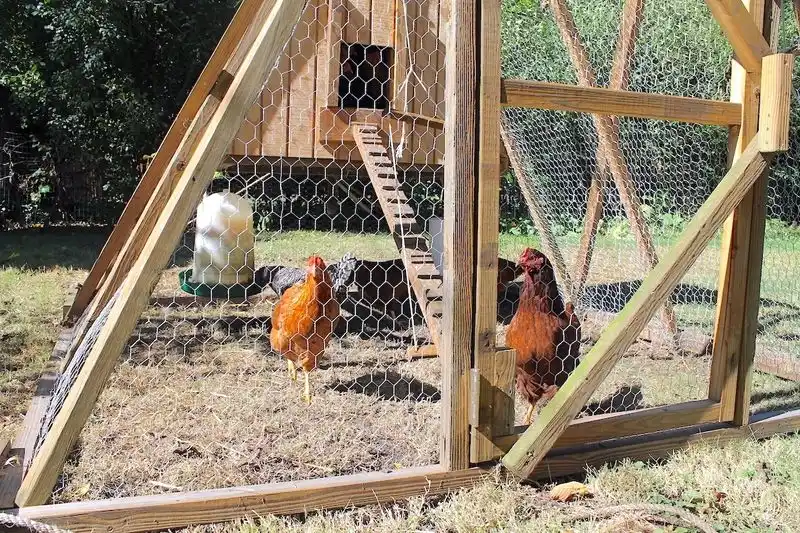
Many first-time chicken keepers underestimate the threat of predators. Whether it’s a sly fox or a crafty hawk, these predators are always on the lookout for an easy meal. Investing in a secure coop with sturdy locks and predator-proof fencing is essential. Don’t forget to cover the top of the run if aerial threats are common in your area. Motion-activated lights can also deter nocturnal prowlers. Remember, even in urban settings, predators can pose a significant risk. A safe environment ensures peace of mind and a thriving flock, allowing you to enjoy your venture into poultry rearing.
Overcrowding the Coop
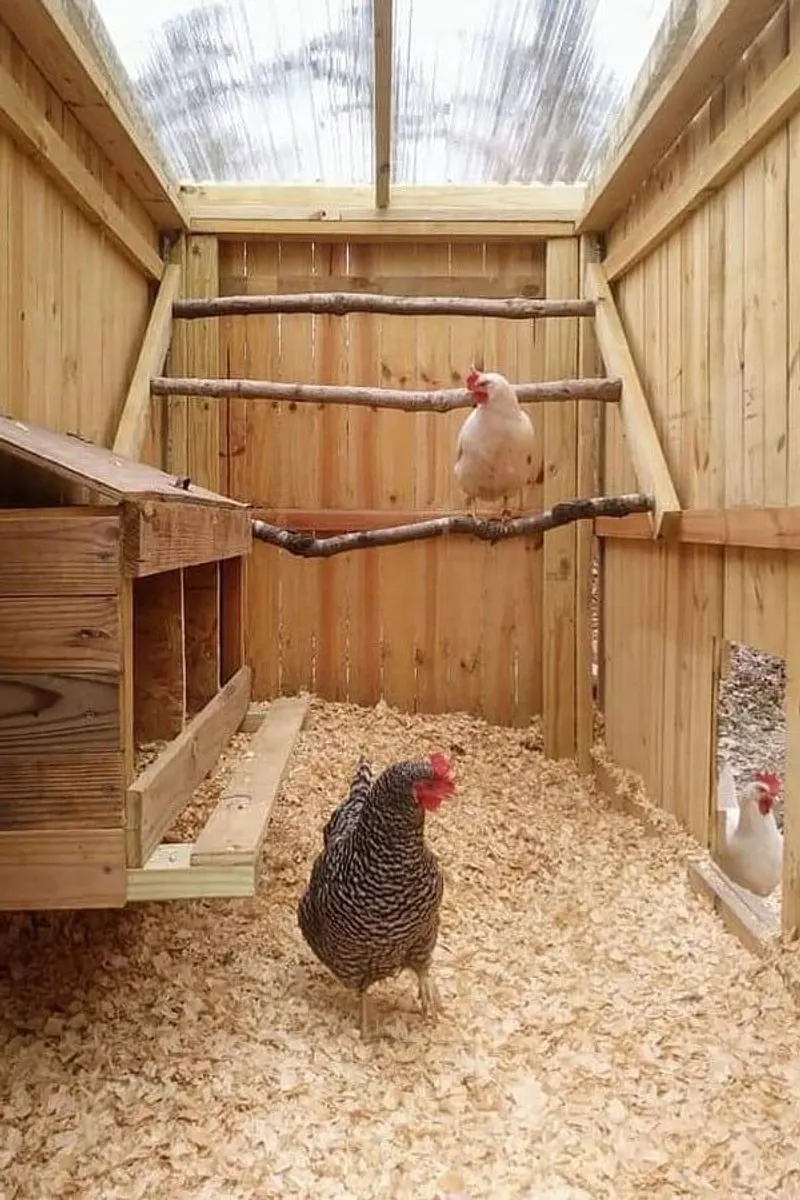
Overcrowding is a common mistake that can lead to stress, disease, and aggressive behavior among chickens. Each bird needs adequate space to roost comfortably and enough room to roam. A general rule is to allow at least 4 square feet per chicken inside the coop and 10 square feet in the run. Overcrowding can result in dirty conditions, which could lead to health issues. If you notice pecking or feather loss, it might be time to reassess your space allocation. Providing enough room promotes a peaceful and healthy environment for your feathered friends.
Poor Ventilation

A well-ventilated coop is crucial for maintaining a healthy flock. Without proper airflow, moisture from droppings builds up, leading to ammonia accumulation and respiratory issues. Coops should have vents near the roof to allow hot air to escape and cooler air to circulate. In colder climates, avoid drafts directly on the birds but ensure air movement. Consider adding fans for larger setups. Proper ventilation reduces humidity and helps prevent disease, ensuring your chickens remain vibrant and active. A fresh-smelling coop is a sign of good ventilation and happy inhabitants.
Improper Diet
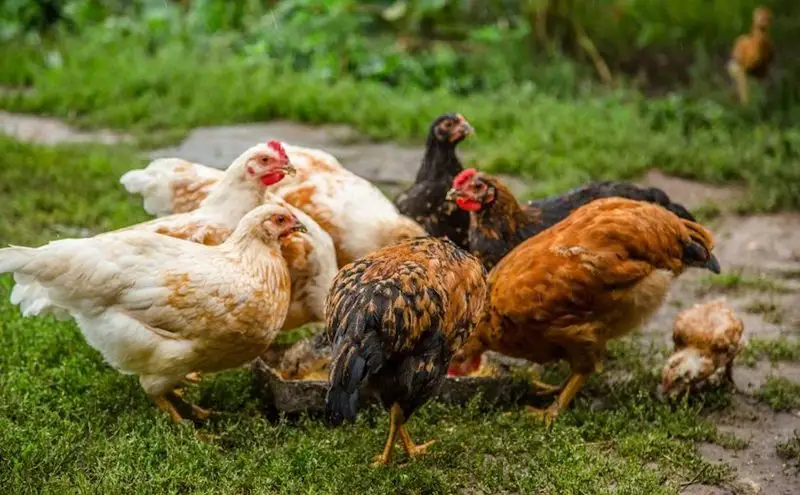
Chickens require a balanced diet to lay nutritious eggs and maintain overall health. Many newcomers offer only kitchen scraps, which may lack essential nutrients. A quality commercial feed designed for layers provides the necessary vitamins and minerals. Supplement their diet with greens, grains, and the occasional treat, but avoid processed foods or anything too salty. Clean, fresh water should be available at all times. Observing dietary needs helps in producing flavorful eggs and vibrant chickens. Remember, what you feed your flock directly impacts their health and the quality of eggs they produce.
Skipping Regular Cleaning
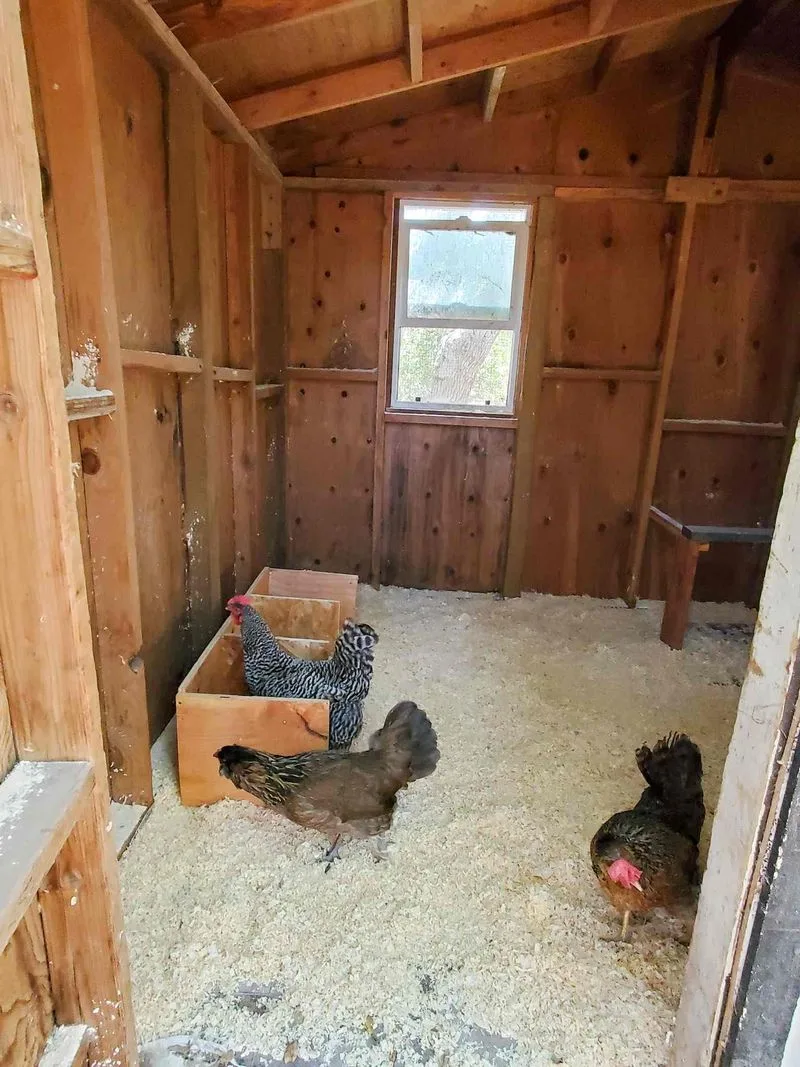
Regular cleaning of the coop is vital for preventing disease and parasites. Bedding should be changed frequently, and droppings removed to maintain a clean environment. New chicken keepers might overlook the importance of a clean coop, which can lead to mite infestations and illness. Set a routine to clean the coop weekly and do a thorough deep clean monthly. Use natural cleaners and avoid harsh chemicals that could harm your flock. Keeping the coop clean not only benefits the chickens but also makes for a more pleasant experience for you, the keeper.
Ignoring Biosecurity Measures
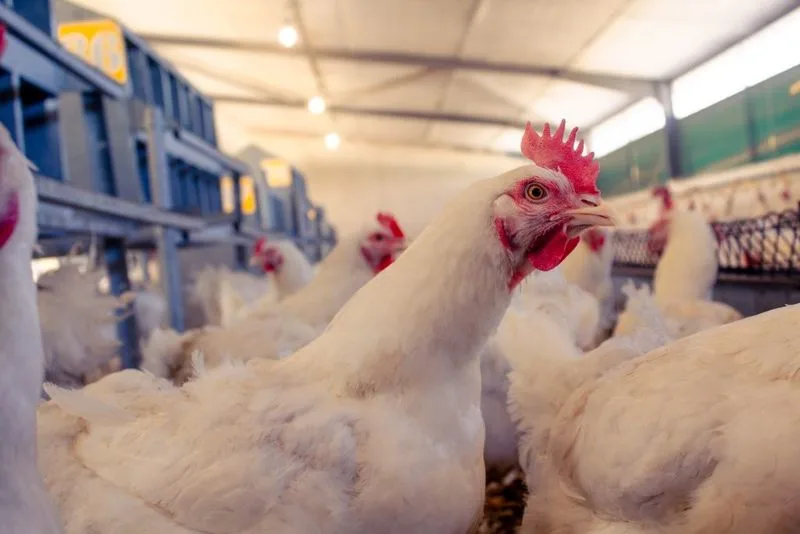
Biosecurity is often overlooked by novices, yet it’s crucial in preventing disease outbreaks. Proper hygiene practices like washing hands after handling chickens and disinfecting equipment are essential. Avoid introducing new birds without quarantine, as they might carry illnesses. Be mindful of visitors from other farms, as they can unintentionally bring diseases. Implement footbaths at the coop entrance to reduce contamination risks. Establishing these practices early on protects your flock and contributes to the overall health and safety of your backyard farm. A proactive approach today can save future headaches.
Neglecting Socialization
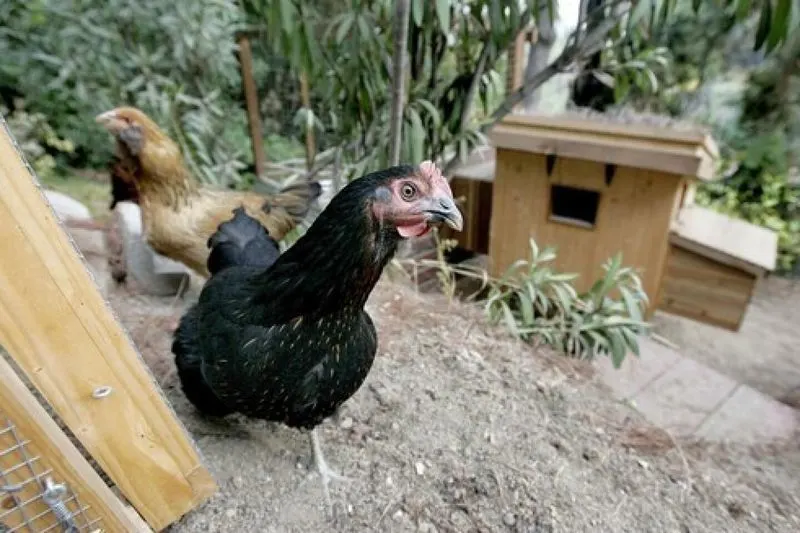
Chickens thrive on interaction, both with humans and each other. Neglecting socialization can result in skittish birds that are difficult to manage. Spend time daily with your flock to build trust and familiarity. Gentle handling and treat-giving can foster a positive bond. Chickens also need social structures, so observe and understand their hierarchy. Providing toys and perches can enrich their environment and prevent boredom. Regular interaction not only benefits the chickens’ mental health but also enhances your overall chicken-keeping experience. This connection makes caring for your flock a joy rather than a chore.
Buying Too Many Roosters
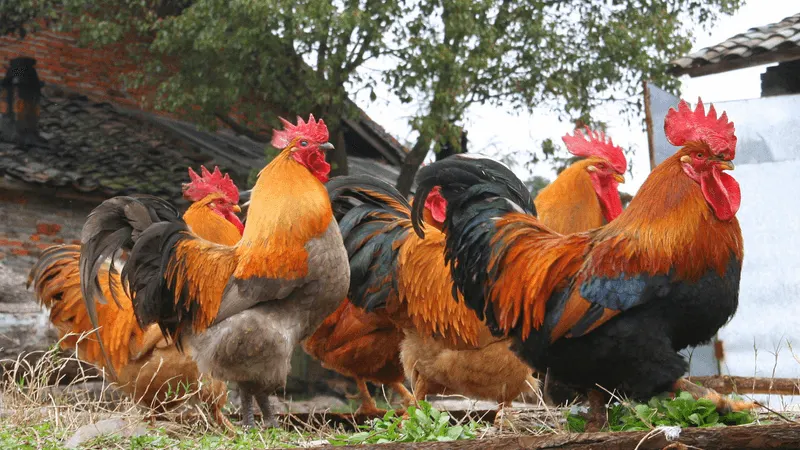
Roosters can be charming, but too many can cause chaos in a flock. They tend to fight for dominance, leading to injuries and stress among hens. Ideally, one rooster for every 8-10 hens keeps the peace while allowing for natural behaviors. Before purchasing, consider if you need a rooster at all, as hens lay eggs without one. If you do want roosters, start with fewer and monitor their behavior. A harmonious flock is more productive and content. Evaluating your needs and flock dynamics helps you make informed decisions about adding roosters.
Lack of Dust Bathing Areas
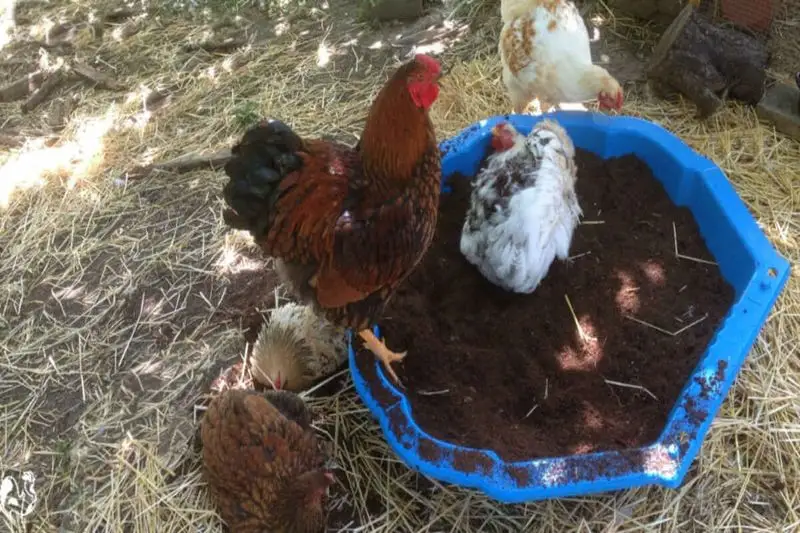
Dust baths are essential for chickens to keep their feathers clean and free from parasites. New keepers often forget to provide a dedicated area for this natural behavior. A simple box or open space with dry, loose dirt or sand can suffice. Chickens will happily roll and flap in the dirt, which helps control mites and lice. Refresh the area regularly to maintain its effectiveness. Dust bathing is a fun and necessary activity that promotes healthy plumage and comfort. Watching your chickens enjoy this pastime can be satisfying and educational.
Overlooking Seasonal Care Needs
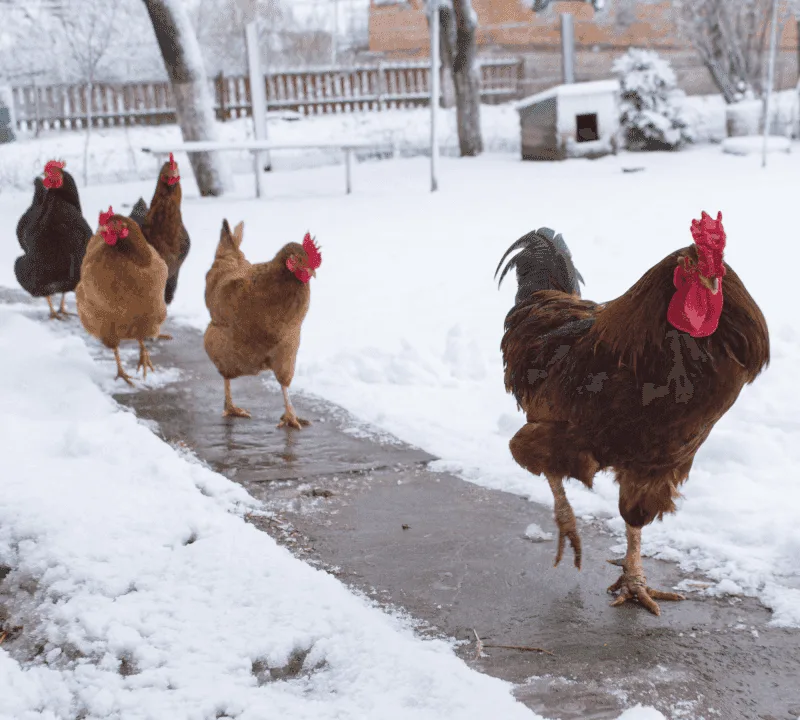
Chickens’ needs change with the seasons, and overlooking these can lead to health problems. In winter, extra bedding, insulation, and preventing water from freezing are vital. During hot summer months, providing shade and plenty of water keeps them cool. Monitor for signs of stress such as panting or lethargy, which require immediate action. Adjusting diet to include more protein in winter can help maintain body heat. Planning for each season ensures your flock stays comfortable and productive all year round. Being attentive to these changes enhances their well-being and egg production.
Improper Coop Lighting
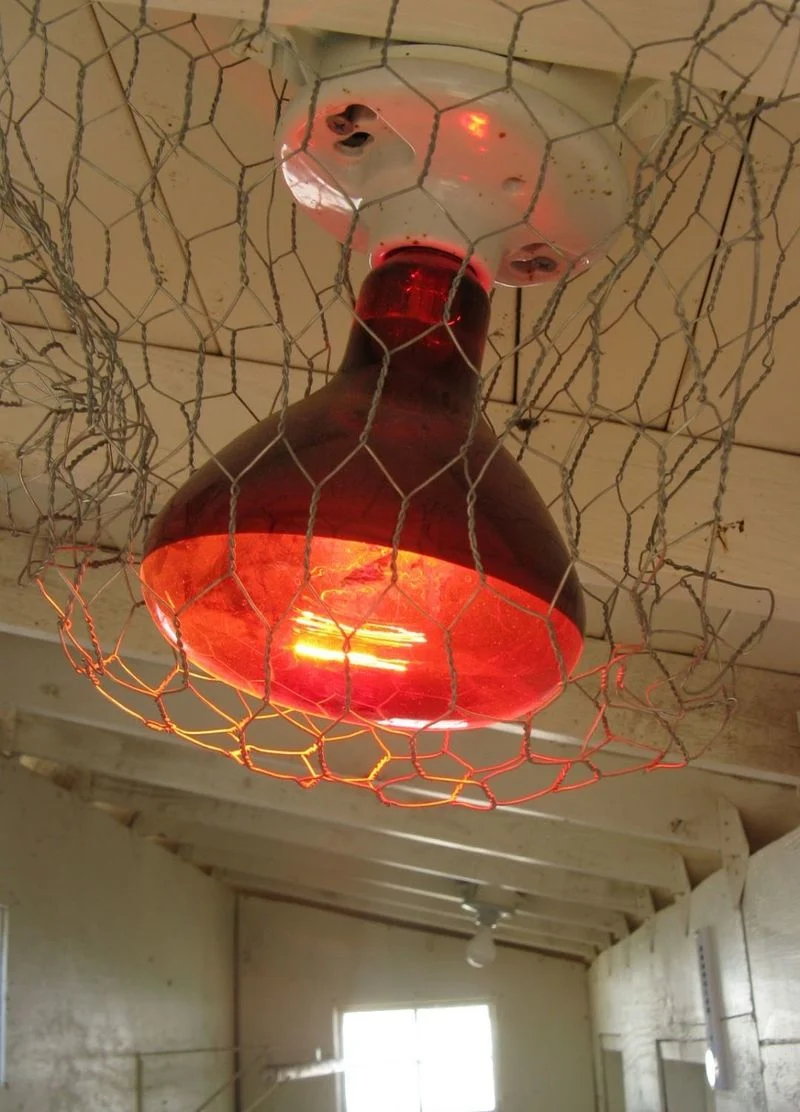
Lighting plays a critical role in a chicken’s laying cycle and overall health. Inconsistent or poor lighting can disrupt egg production. During shorter days, supplemental lighting can help maintain egg-laying. Use timers to ensure a steady light cycle, mimicking natural daylight patterns. Avoid harsh lights that can stress chickens; instead, opt for gentle, warm tones. Properly managed lighting not only supports egg production but also contributes to the chickens’ well-being. Knowing when and how to adjust lighting is a simple yet effective way to enhance your chicken-keeping success.
Not Checking for Health Issues
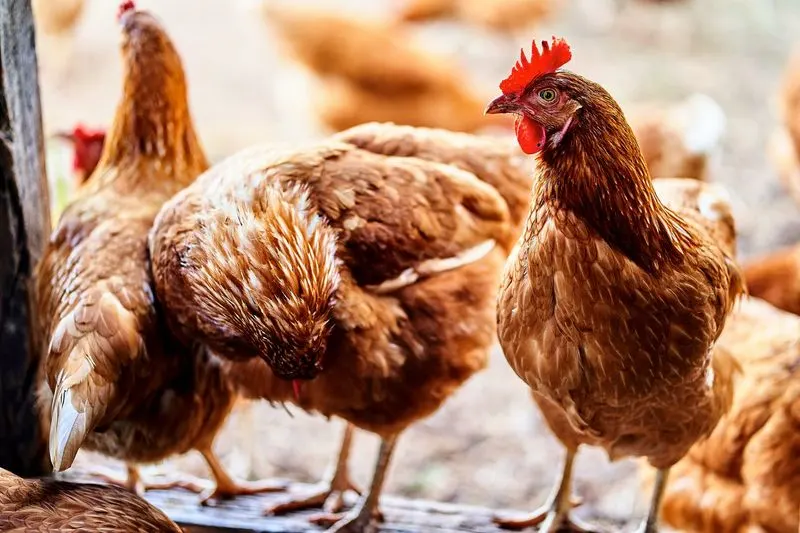
Routine health checks are vital for early detection of illness in your flock. Many new keepers only react when symptoms worsen. Regularly observe for changes in behavior, eating habits, and physical appearance. Common signs of health issues include lethargy, feather loss, and changes in egg production. Early intervention can prevent serious problems and reduce vet costs. Learning basic chicken health care is a valuable skill for any keeper. Being aware of your chickens’ health helps foster a resilient and thriving flock, ensuring your efforts in poultry keeping are rewarding.
Skipping Veterinary Care
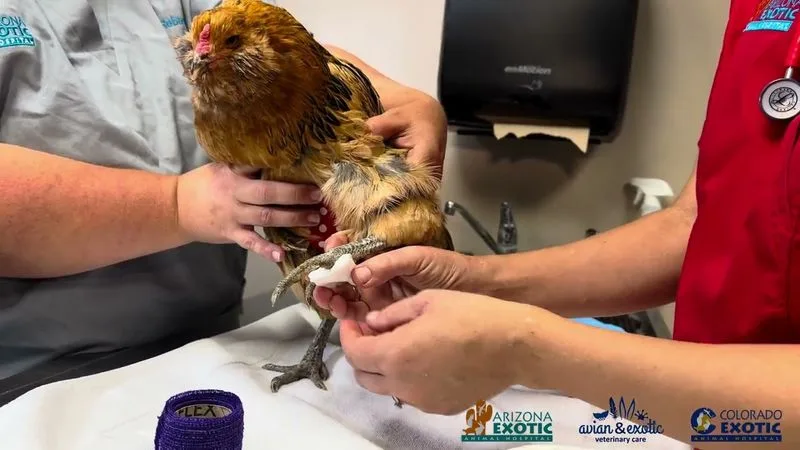
Veterinary care is often neglected due to the misconception that chickens don’t need it. However, regular check-ups and professional advice are crucial for maintaining flock health. New keepers should establish a relationship with a poultry vet early on. In case of illness, timely intervention by a professional can make all the difference. Vaccinations and preventive care are also important parts of poultry health management. Investing in veterinary care might seem daunting, but it ensures your flock’s longevity and productivity. A proactive approach keeps chickens healthy and keepers happy.
Ignoring Behavioral Problems
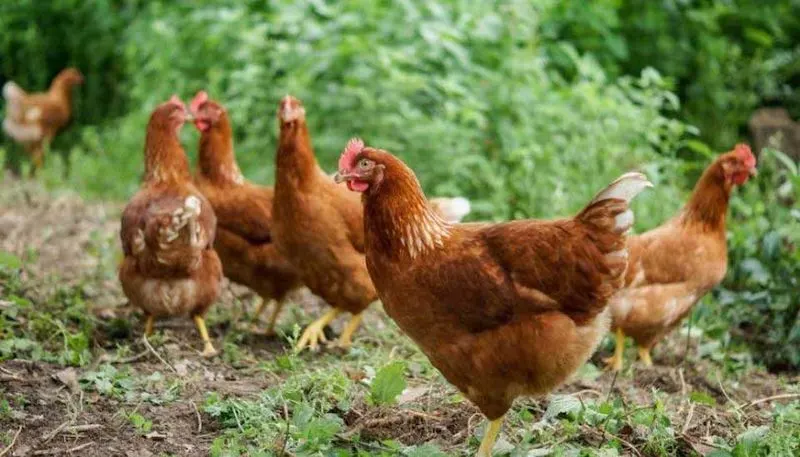
Chickens, like any animals, exhibit behaviors that can indicate underlying problems. Aggression, feather pecking, and excessive noise are signs that shouldn’t be ignored. Often, these behaviors stem from stress, overcrowding, or nutritional deficiencies. Observe your flock closely and identify patterns or triggers. Providing distractions, such as toys or leafy greens, can alleviate boredom-induced issues. Addressing the root cause of behavioral problems fosters a peaceful environment. Proactive management and understanding your chickens’ social dynamics contribute to a harmonious and happy flock, making your chicken-keeping journey enjoyable and successful.
Not Rotating Pasture
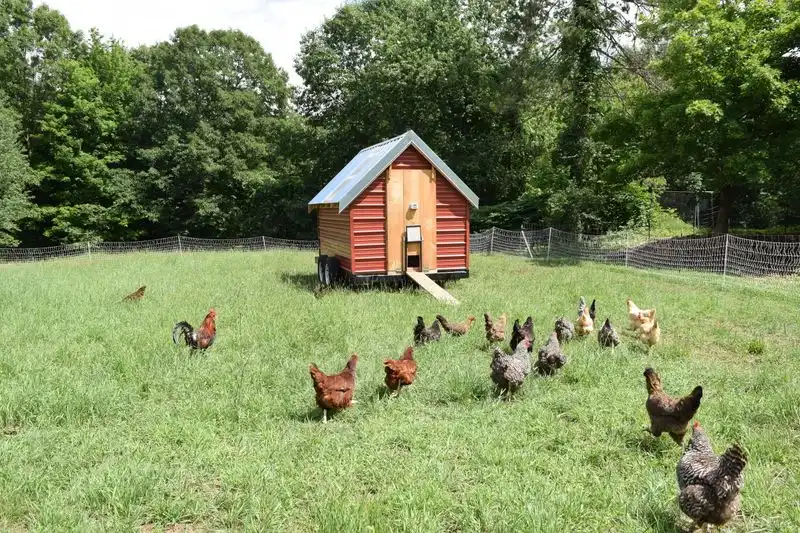
Rotational grazing is a practice often ignored by beginners. It involves moving chickens to fresh pasture regularly, which prevents overgrazing and reduces disease risk. A movable coop or chicken tractor allows easy rotation. This method promotes natural foraging behavior and provides a varied diet, resulting in healthier chickens and better eggs. It also allows pastures to recover, maintaining a sustainable and vibrant environment. Implementing rotational grazing not only benefits your flock but also enhances the landscape, making it a smart and eco-friendly approach to chicken keeping.
Underestimating Time Commitment
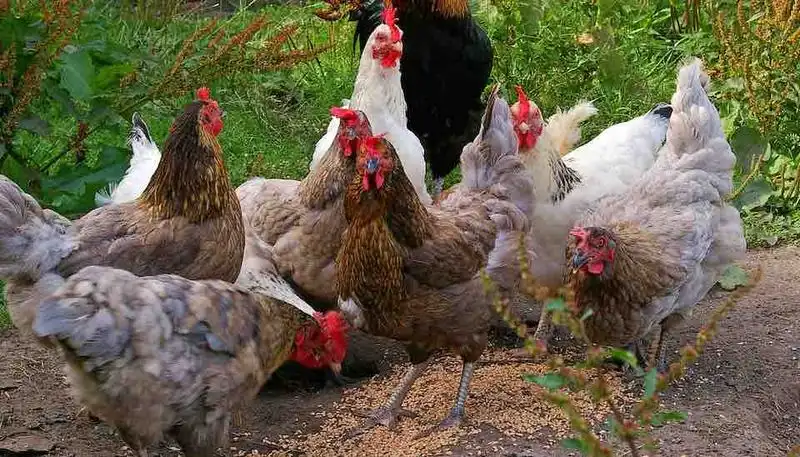
Caring for chickens requires a consistent time commitment that can be underestimated by newcomers. Daily tasks include feeding, watering, egg collecting, and observing flock health. Regular coop cleaning and occasional repairs are also necessary. Start small to gauge the workload before expanding your flock. Proper time management ensures all aspects of chicken care are handled efficiently. Balancing this responsibility with other commitments is key to enjoying your chicken-keeping adventure. Planning and organization make it possible to manage chickens successfully, providing satisfaction and enjoyment in this fulfilling hobby.
Improper Egg Collection

Egg collection might seem straightforward, but improper techniques can lead to broken or dirty eggs. Collect eggs daily to prevent damage and discourage hens from eating them. Ensure nesting boxes are clean, lined with straw or shavings to cushion the eggs. Handle with care to avoid cracks and store them properly for freshness. Consistent collection discourages broodiness and promotes continuous laying. Taking care of eggs from nest to kitchen enhances their quality and your satisfaction as a chicken keeper. These small practices ensure you get the best out of your flock’s efforts.
Neglecting Proper Bedding
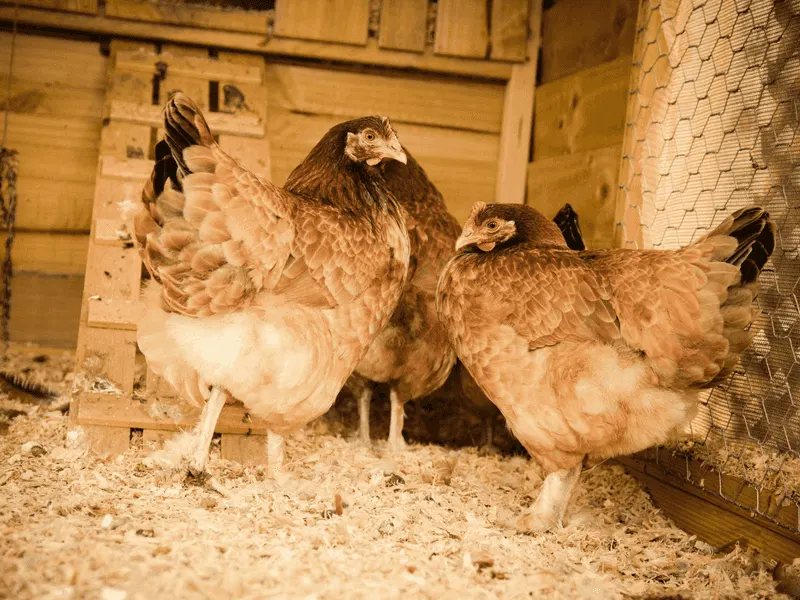
Imagine stepping into a cozy, clean bedroom, only to find the sheets are changed infrequently. Chickens feel similarly about their bedding. New keepers often overlook the importance of maintaining fresh bedding in the coop, which can lead to discomfort and health issues for the flock.
Using materials like straw or wood shavings can help absorb moisture and control odors. Changing the bedding regularly not only keeps the environment pleasant but also reduces the risk of parasites and diseases.
Consider this a small investment in your chickens’ well-being, making their space as inviting as possible while ensuring their health remains optimal.

